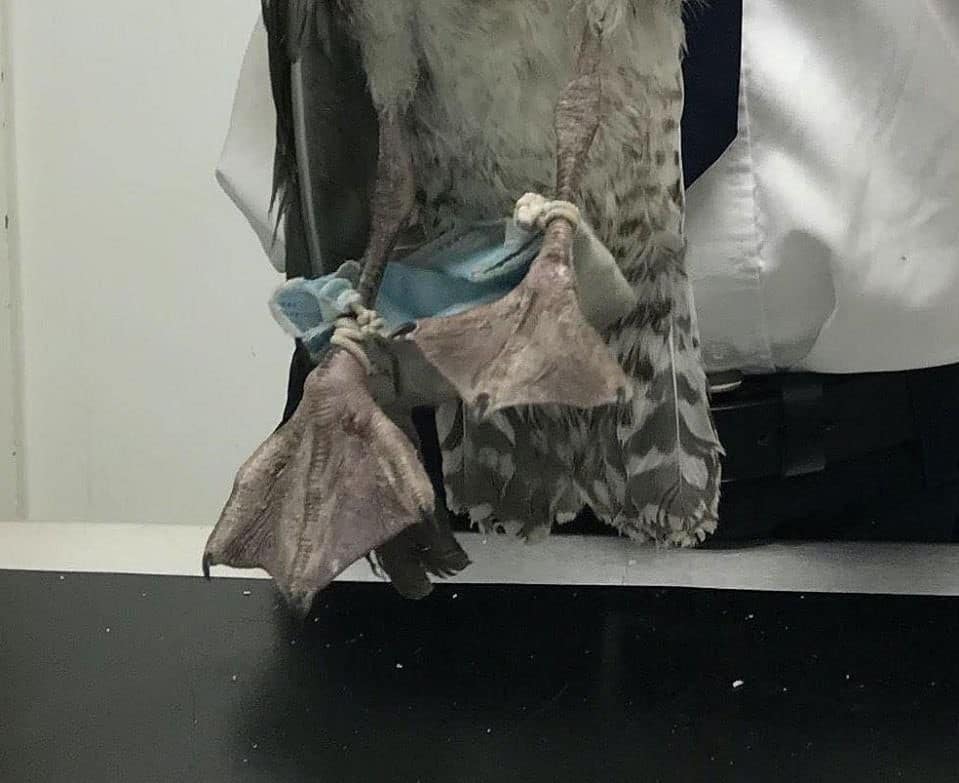While reusable facemasks are becoming increasingly popular, they aren’t always an option for everyone. In numerous healthcare settings, such as COVID testing sites in the ACT, clients are required to wear single-use facemasks that are issued to them.
A study conducted by RMIT University has estimated 129 billion single-use facemasks and 65 billion plastic gloves are disposed of every month the COVID-19 pandemic continues across the globe; daily, around 6.8 billion of the single-use facemasks are being disposed of globally.
Research assistant at RMIT Dr Mohammad Saberian said collaborative approaches are now required to tackle the environmental risks associated with the disposal of personal protective equipment (PPE) due to COVID-19.
“This initial study looked at the feasibility of recycling single-use facemasks into roads and we were thrilled to find it not only works, but also delivers real engineering benefits,” Dr Saberian said.
“We hope this opens the door for further research, to work through ways of managing health and safety risks at scale and investigate whether other types of PPE would also be suitable for recycling.”
The full extent of the environmental impact is yet to be seen but the current statistics are quite harrowing.

The effects are already being seen in our own backyard with the Canberra Animal Referral Hospital recently treating a bird with a disposable mask’s elastic bands wrapped around its legs.
Specialist surgeon Jacob Michelson said it’s random bad luck for the mostly bigger birds getting caught up in string objects.
“It’s just that something is lying around somewhere and if you’re an unlucky bird you’ll get stuck into it,” Dr Michelson said.
The discarding of these facemasks in communal rubbish bins or littered in public places also poses a potential contamination risk.
PPE used in healthcare settings is disposed of separately to regular waste and is either incinerated or sealed and transported to landfill.
With such widespread public use of facemasks and very little guidance on how to properly dispose of them, there is potential that cross-contamination may lead to COVID-19 infections for people coming into contact with them in a 48-hour window.
What you can do to help:
- Avoid leaving used facemasks in public places or littering
- Place used masks in a sealed, plastic bag
- Dispose of the bag in a closed bin
Get all the latest Canberra news, sport, entertainment, lifestyle, competitions and more delivered straight to your inbox with the Canberra Daily Daily Newsletter. Sign up here.
For more news:



